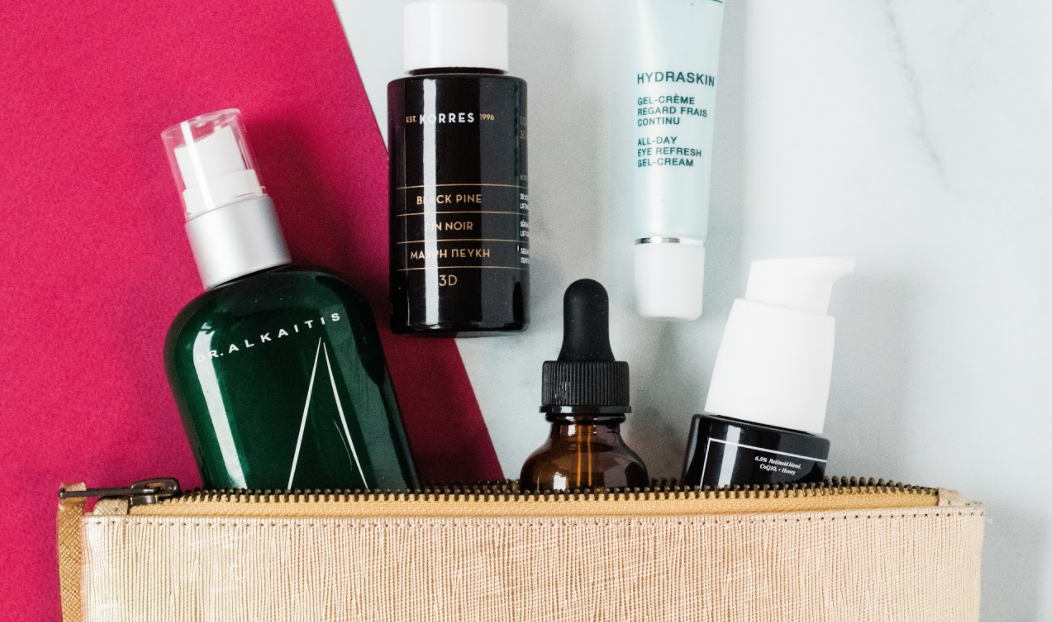The Differences Between Natural & Medical-Grade Skincare
The clean beauty movement is on the rise. Consumers are jumping on board to avoid chemical ingredients that may cause harm to their skin and are opting for natural products instead. The issue is that the terms ‘natural’ or ‘non-toxic’ are not regulated. Products claiming they are natural or non-toxic may very well contain irritating ingredients, even if those ingredients are indeed natural.
What is the Difference Between Natural & Medical-Grade Skincare?
Natural skincare is derived from ingredients that are naturally occurring in nature. On the other hand, medical-grade or synthetic skincare is either man-made or altered. Natural skincare sounds wonderful to many consumers because many of us have negative beliefs around the terms of medical or synthetic. The truth is ingredients, can be ineffective or harmful if they are natural or if they are synthetic. It really depends on which ingredient it is. Oftentimes synthetic ingredients are created to mimic natural ingredients; they have just been altered to be more effective. For example, some natural ingredients may have a molecular size that is too large to penetrate and work in the skin. Or they may be too unstable to remain effective once formulated into a skincare product.
Natural Skincare
I completely understand the appeal to use natural skincare ingredients. We are part of the natural world after all, and using the world’s natural resources just makes sense. Natural skincare can be a great option, but only if it contains effective natural ingredients. When choosing natural products you want to pay attention to the ingredients it contains and avoid simply relying on the packaging claims such as ‘clean’ or ‘non-toxic’. One misconception I witness as as licensed esthetician is that natural means gentle. Natural ingredients can still be active or exfoliating; you want to ensure the ingredients you choose are supporting your skin type, conditions, and goals. There are certain natural ingredients that are just flat out irritating and not good for topical skincare applications such as essential oils or citrus fruits. These ingredients can be irritating, especially for sensitive skin types. Paula’s Choice provides lists that can be helpful in knowing which natural ingredients to avoid and which are beneficial for the skin. Paula's Choice Good and Bad Natural Ingredient Lists. You want to do your research and ensure you are choosing natural skincare companies that are using proven and results-oriented ingredients. I highly recommend Sorella Apothecary, one of Pomp’s skincare partners, as they are botanically-based but effective.
Medical-Grade Skincare
Chemical skincare otherwise known as medical skincare is often more potent, as it is designed to be that way. I’d like to emphasize that chemicals are not bad; they themselves are often derived from nature. Chemical acids, for example, are often plant-based. We must recognize that not all chemicals are harmful and not all are synthetic. Synthetic ingredients are also not all bad. Scientists are constantly working on improving natural ingredients by creating their own similar ingredients that are more bioavailable and effective for our skin. However, there are still chemicals used in skincare products that should not be. Many chemical ingredients do not support the long term health of our skin or our health as a whole. These ingredients include sulfates, parabens, fragrance, and dyes.
Integrating Natural and Medical Skincare
The truth is skincare is changing. The best skincare companies out there today are finding the balance of using both natural and chemical ingredients. They do this by simply choosing the best ingredients possible, despite where they come from. Some chemical ingredients are harmful and if there are natural dupes for these ingredients, a good skincare company will find those alternatives and use them in place of harmful ingredients. The integration of both forms of skincare is a beautiful harmony and my personal favorite approach to skincare.
You must decide for yourself what you are comfortable using on your skin, but you do not have to do this alone. Working with a licensed esthetician can be extremely helpful in finding your skin’s ideal routine. A Pomp Esthetician can identify your desires and your skins’ needs and create a regimen for you, using our unique skincare product partners.

